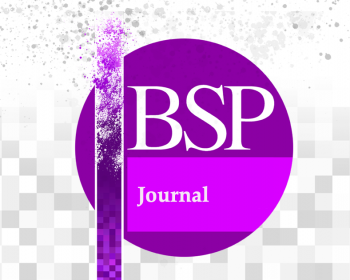Call for participants: the ‘Respect and Shame in Healthcare and Bioethics’ Online Workshop Series (Oct–Dec 2021), deadline 1 June 2021.
Read more

Call for participants: the ‘Respect and Shame in Healthcare and Bioethics’ Online Workshop Series (Oct–Dec 2021), deadline 1 June 2021.
Read more
Ali Yousefi Heris (School of Cognitive Science Institute for Research in Fundamental Sciences) speaking on ‘Folk and Scientific Emotion Categories’.
Read more
Call for papers for 3rd Conference of the Network for Phenomenological Research, Nov 30 & Dec 1-2, 2021, Liège, Belgium.
Read more
This episode of the BSP Podcast sees Caroline Greenwood Dower present a paper from our 2020 annual conference, ‘Engaged Phenomenology’.
Read more
New article by Vermeiren for the Journal of the British Society for Phenomenology, online in advance of the print edition.
Read more
Ohio University Press Series in Continental Thought announces a new publication by Antich. Available now with a 20% discount online.
Read more
Boston Phenomenology Circle Symposium on Phenomenology & Ethics. Online: 23-25 April, 2021. With Mariana Ortega, John Sallis and other speakers.
Read more
This episode of the BSP Podcast sees Joe Smeeton present a paper from our 2020 annual conference, ‘Engaged Phenomenology’ Online.
Read more
Today: Séminaire des doctorants en phénoménologie de Paris 1 Panthéon-Sorbonne: Clara Chaffardon & Mickaëlle Provost: 1 – 4pm Paris TZ.
Read more
New article by Spano for the Journal of the British Society for Phenomenology, online in advance of the print edition.
Read more